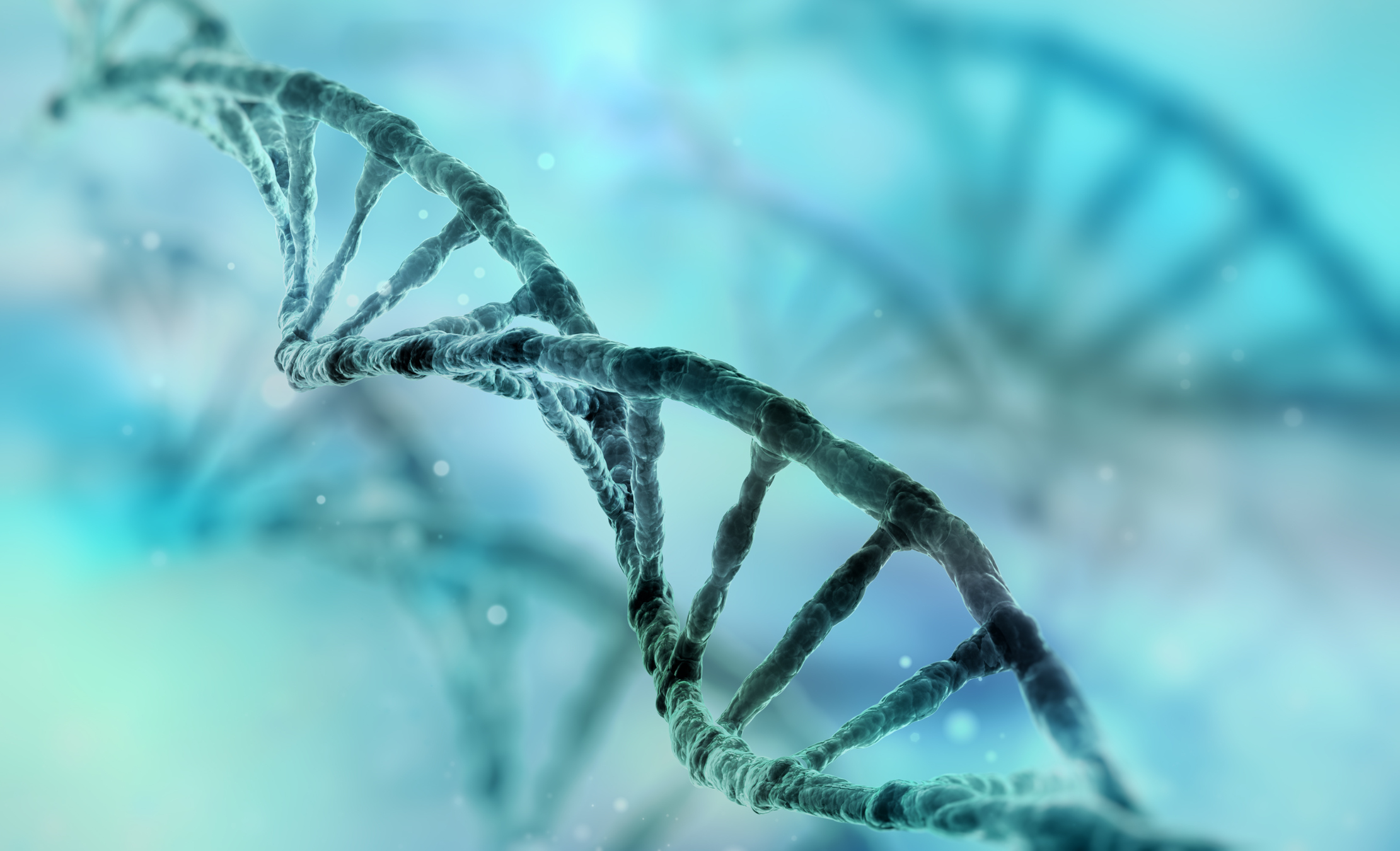Tag: Cancer
-

Strategies for Evaluating Breast Cancer with Machine Learning
Machine-learning technology could help pathologists more accurately assess how a patient’s immune system is responding to breast cancer, according to a recent series of reports authored in part by Feinberg faculty.
-

New Genetic Regulators Could Improve Cancer Immunotherapy
A genetic screen has revealed previously unknown regulators of Foxp3, a transcription factor that, when deactivated, may improve patient response to aggressive cancers.
-

New Mechanism for Oncogenic Gene Splicing
Northwestern Medicine scientists have discovered an alternate mechanism for aberrant gene splicing that contributes to T-cell lymphoblastic leukemia, according to a recent study.
-

Chemotherapy for Early Stage Breast Cancer Associated with Greater Cognitive Impairment
In women with early-stage breast cancer, Northwestern Medicine investigators found chemoendocrine therapy was associated with greater cognitive impairment at three and six months compared to endocrine therapy alone.
-

Cancer Cells Hijack Nucleotide Metabolism to Boost Cell Proliferation
Mutations in the genes RAS and RAF allow cancer cells to create their own nucleotides, fueling cancer growth, according to a recent study published in Molecular Cell.
-

Origin of Cancer Cells Influences Skin Cancer Prognosis
A new Northwestern Medicine study found important differences in rare skin lymphomas stemming from their specific cell of origin and clinical presentations, according to findings published in Nature Communications.
-

New Function for Transcriptional Regulator Discovered
A new Northwestern Medicine study discovered a new and unexpected function for the transcriptional regulator MLL2/COMPASS.
-

First Trial Shows Benefit for Genomically Targeted Prostate Cancer Treatment
For the first time, advanced prostate cancer has been treated based on the genomic makeup of the cancer, delaying disease progression for patients with a treatment-resistant form of prostate cancer.
-

Genetic ‘Neighborhoods’ Fuel Leukemia
A new study has found that genetic alterations in a rare form of leukemia physically change the architecture of DNA, fueling the replication and spread of cancer cells.
-

Rare Immune Cell Population May Promote Antitumor Immunity
A specialized subset of rare immune cells called plasmacytoid dendritic cells may promote antitumor immunity, according to a Northwestern Medicine study published in the Journal of Clinical Investigation.






